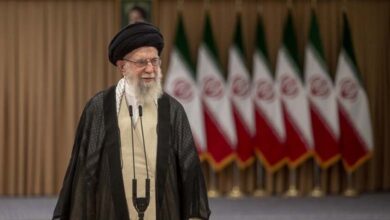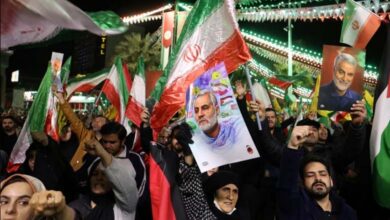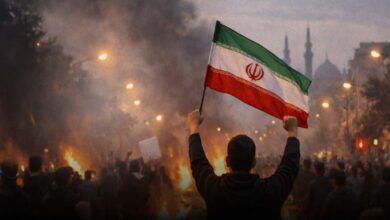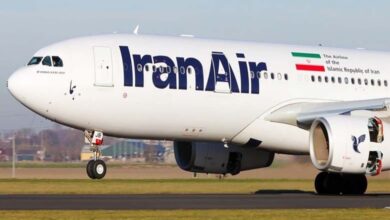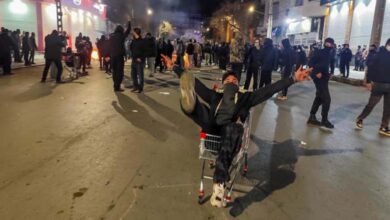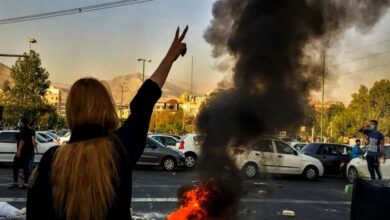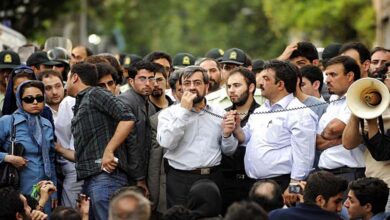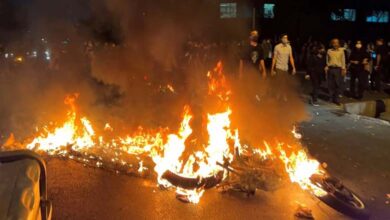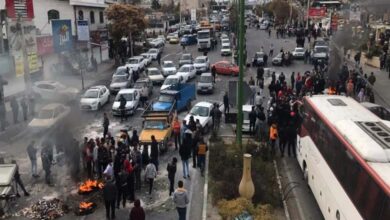Mystery Surrounding Khamenei’s Health Revives Rumors of His Death and Succession
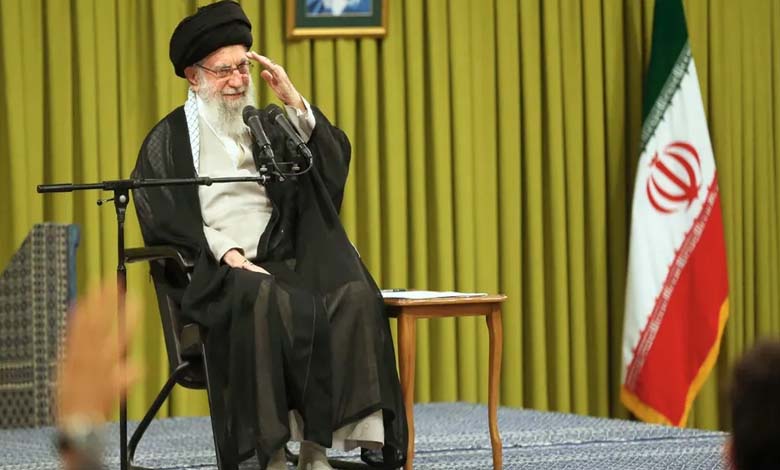
Iranian journalist Ashkan Hakimi presents two post-Khamenei scenarios: either his successor will seek to improve relations with the West, or public unrest could lead to regime change. However, these scenarios remain speculative until the truth about the Supreme Leader’s health is clarified.
Israel is closely monitoring the health of Iranian Supreme Leader Ali Khamenei, who plays a central role in military and nuclear policies and has the ultimate authority in matters of war and peace. Unconfirmed reports suggest a deterioration in his health and preparations for his succession, which appear to have been underway for some time.
-
“Without Amplification or Minimization”: Israel’s Attack and the Response According to Khamenei and Officials
-
Iranian Parliament Speaker: “The Main Pillar of the Lebanese People is Leader Ali Khamenei!”
In recent months, there has been widespread speculation that Khamenei might pass the supreme position in Iran to his son Mojtaba (55 years old), especially following the death of Iranian President Ebrahim Raisi in a helicopter crash near the Iran-Azerbaijan border—an incident some suspect was orchestrated.
Iran released a photo of the Supreme Leader amid widespread social media rumors claiming he was either in a coma or dead. The image shows Khamenei in his office speaking with Iran’s ambassador to Lebanon, who was injured in Beirut during Israeli strikes on Hezbollah last September.
-
Khamenei acknowledges a blow to the resistance front with Sinwar’s death
-
Hardline MPs demand Khamenei reconsider nuclear doctrine
Speculation about Khamenei’s health began with a report published by The New York Times on October 27, stating that he was “gravely ill” and that his son might succeed him. On Saturday, claims emerged that the 85-year-old leader had fallen into a coma. Experts remain skeptical, noting that these reports could be either accurate or false.
Khamenei’s health has been under intense scrutiny for two decades, with recurring rumors about his illness and potential succession. Officials consistently deny such claims and often release photos to refute them. A similar pattern occurred last night with the meeting of Iran’s ambassador to Beirut.
The rumors date back to 2006, when political analyst Michael Ledeen claimed that Khamenei was in a coma. Similar reports appeared in 2009 and 2014, the year he underwent prostate surgery believed to be linked to cancer. Speculation resurfaced in 2020.
-
Khamenei leaves his hideout, threatening Israel with more attacks
-
The Next President Is Not the Real Crisis.. Khamenei’s Successor Sparks Unrest in Iran
Professor Shai Golan of Beilinson Hospital told ILTV News that advanced prostate cancer could lead to serious complications such as coma and multiple organ failure. However, prostate cancer usually progresses slowly, with a 90% survival rate if detected early.
In Iran, healthcare challenges could reduce survival to two or three years in the case of advanced cancer, though this remains uncertain.
The Supreme Leader cannot appoint his successor unilaterally. The Assembly of Experts, composed of 88 Shia clerics, must elect the next leader.
-
Who is Mojtaba Khamenei, before whom Iranian leaders bow?
-
Khamenei Urges Continued Cooperation with Iraq After Raisi’s Era
Will the regime collapse if Khamenei dies?
Iranian journalist Ashkan Hakimi proposed two scenarios: either the new leader will seek to improve relations with the West, or public unrest could lead to regime change. For now, these scenarios remain speculative until Khamenei’s health status is confirmed.
Reports from Tehran suggest that Mojtaba Khamenei, the second son of the current Supreme Leader, has been secretly chosen to succeed his father following the death of Ebrahim Raisi, previously considered the frontrunner for the role.
According to a report published by Iran International, an opposition-affiliated news agency, Mojtaba was selected in a secret vote to succeed his father.
-
Khamenei implicitly criticizes normalization talks between Israel and Saudi Arabia
-
On Khamenei’s Birthday… “Suspicious Objects,” Noise, and Narratives
Traditionally, the Supreme Leader is chosen by the Assembly of Experts, a religious body of 88 members elected every eight years by the public but vetted by the Guardian Council, whose members are directly or indirectly appointed by the Supreme Leader.
While Raisi had never denied his ambitions for the supreme position before his death, it is believed that the accident has reshaped the political landscape.
Mojtaba Khamenei, a cleric born in Mashhad, is married and has two children. An enigmatic figure, he wields significant influence among his father’s most loyal supporters. Following the 1979 Islamic Revolution, the family moved to Tehran, where Mojtaba attended a high school for the children of revolutionary leaders. His father’s political career peaked with his presidency in 1981.
Mojtaba served during the Iran-Iraq war in the 1980s, during which he established connections with individuals who later became prominent figures in Iran’s security apparatus, including Hossein Taeb, a senior official in the Islamic Revolutionary Guard Corps (IRGC).
Over the years, Mojtaba has drawn international attention. In 2019, the United States accused him of close collaboration with the IRGC and the Basij militia, a paramilitary volunteer force linked to the IRGC, to advance his father’s destabilizing regional ambitions.
Domestically, Mojtaba faces accusations of suppressing opposition. In 2009, he supported Taeb, then commander of the Basij, in a violent crackdown on Green Movement protesters. He was also targeted by protesters following the death of Mahsa Amini, a young Kurdish Iranian woman, in 2022. She died in custody after being arrested by the morality police for allegedly violating hijab regulations.
-
Khamenei Exploits the Economic Crisis in Iran for Illegitimate Gains
-
Khamenei escalates, saying: If we want to build nuclear weapons, they cannot stop us
Critics in Iran argue that Mojtaba lacks the religious qualifications and administrative experience necessary to succeed his father. Some clerics and commentators reject the idea of dynastic succession, deeming it un-Islamic and likening it to monarchy.
Although he is considered a strong candidate, other names have been mentioned as potential successors, including cleric and politician Mohammad Mehdi Mirbagheri and cleric Ali Reza Arafi. Former officials like ex-president Hassan Rouhani and former judiciary chief Sadeq Larijani are also said to aspire to the role.
The credibility of the Iran International report remains unclear. The channel, which broadcasts in Persian and has ties to Iranian opposition groups, often emphasizes anti-regime narratives. However, the secrecy surrounding succession planning in Tehran leaves the situation ambiguous. Analysts point out that the IRGC is likely to block any candidate it deems unsuitable.


